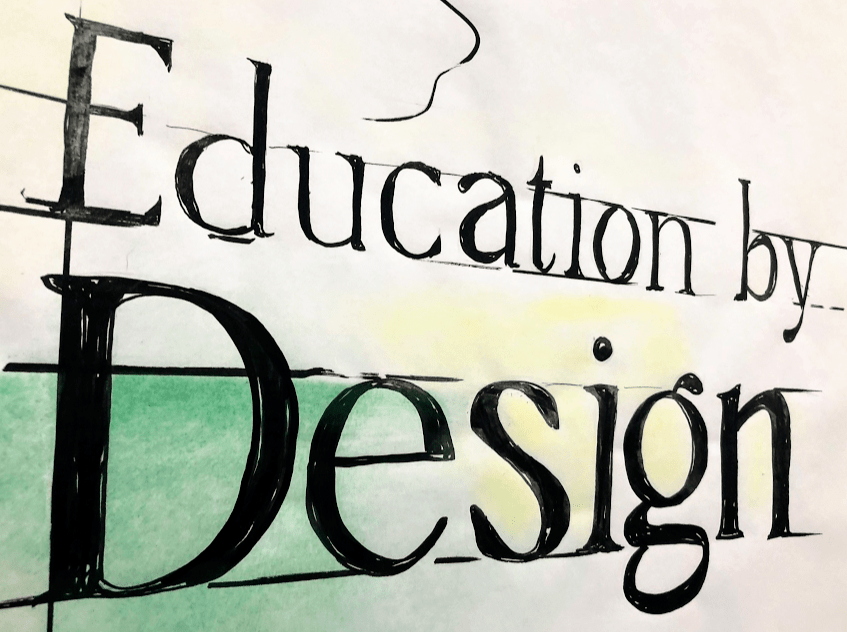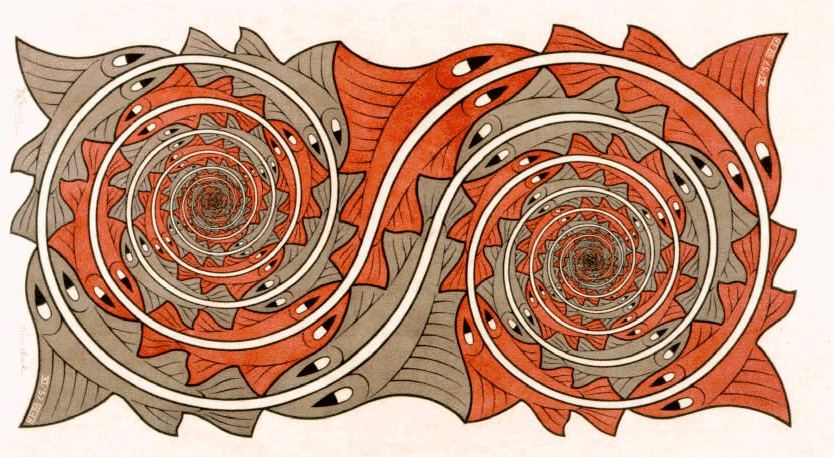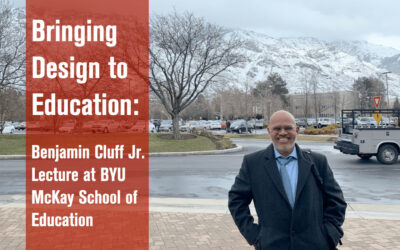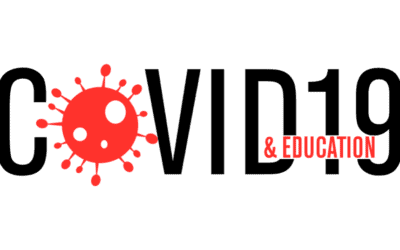I did not go to AERA this year – choosing instead to go to Chicago to Keynote the Engaging Minds: Pedagogy and Personalism, the 2009 DePaul Faculty Teaching and Learning Conference. We did have a paper to be presented there (and I am sure our Iowa State friends must have done a splendid job).
As it turns out there were quite a few presentations/sessions at AERA devoted to TPACK. For the record I am including their titles and abstracts here below:
Examining Epistemological and Methodological Issues for the Conceptualization, Development, and Assessment of ICT-TPCK: Advances in Technological Pedagogical Content Knowledge (TPCK)—Part INicolaos C. Valanides (University of Cyprus), Charoula M. Angeli (University of Cyprus)
In this conceptual paper, several issues regarding the epistemology of technological pedagogical content knowledge (TPCK) are first raised for the purpose of clarifying the construct. The transformative and integrative views are juxtaposed for exploring the epistemology of TPCK. The transformative view is adopted concluding that TPCK is a unique body of knowledge that is constructed from the interaction of its individual contributing knowledge bases. Then, ICT-TPCK is introduced as a strand of TPCK, and two models, one for the development of ICT-TPCK and another for its assessment are discussed. Technology Mapping is proposed as a situative methodology for the development of ICT-TPCK, and three forms of assessment, namely, expert assessment, peer assessment, and self-assessment are proposed for assessing ICT-TPCK.
An Empirical Examination of the Development and Assessment of Preservice Teachers’ ICT-TPCK: Advances in Technological Pedagogical Content Knowledge (TPCK): Part 2
Charoula M. Angeli (University of Cyprus) & Nicolaos C. Valanides (University of Cyprus)
The paper reports on the empirical findings of a study that was undertaken to investigate the development and assessment of ICT-TPCK within the context of two design tasks in a pre-service primary teacher education course. Repeated measures within-subject effects were tested and the results indicated that ICT-TPCK competency significantly improved over the course of a semester. The results of this study clearly show that the theoretical models proposed herein can positively impact the development of ICT-TPCK. Lastly, these results can be used as baseline data in future studies that may be conducted to further validate or improve the proposed models in different contexts.
Technological Pedagogical Content Knowledge (TPACK): The Development and Validation of an Assessment Instrument for Preservice Teachers
Denise Ann Schmidt (Iowa State University), Evrim Baran (Iowa State University), Ann D. Thompson (Iowa State University), Matthew J. Koehler (Michigan State University), Tae Seob Shin (Michigan State University), Punya Mishra (Michigan State University)
Based in Schulman’s idea of Pedagogical Content Knowledge, the Technological Pedagogical Content Knowledge (TPACK) framework acknowledges the complex nature of technology integration for teachers and the need to embed technology experiences in teacher education in specific content areas. This paper addresses the need for a survey instrument designed to assess TPACK for preservice teachers. The survey development process and results from a pilot study on 124 preservice teachers are described. Data analysis procedures included Cronbach’s alpha statistics on the TPACK knowledge domains and factor analysis for each of the domains. Results suggest that the survey is a reliable and valid instrument that will help educators design longitudinal studies to assess the development of TPACK in preservice teachers.
Technological Pedagogical Content Knowledge (TPACK) in Action: A Descriptive Study of Secondary Teachers’ Curriculum-Based, Technology-Related Instructional Planning
Judith B. Harris (College of William and Mary), Mark J. Hofer (College of William and Mary)
How does teachers’ technological pedagogical content knowledge (“TPACK”) inform their instructional planning? How can this knowledge be enhanced? In an interpretivist study of seven experienced secondary social studies teachers’ planning, we sought to discover the nature and development of the teachers’ TPACK-in-action. Comparisons of interview data and planning products pre- and post-professional development revealed three primary findings, each supported by the content of participating teachers’ oral and written reflections upon their learning. The participating teachers’ 1. Selection and use of learning activities and technologies became more conscious, comprehensive, and intentional. 2. Instructional planning became more student-centered and focused upon students’ intellectual engagement. 3. Quality standards for technology integration were raised, resulting in conscious decisions for more judicious educational technology use.
Using the Technological, Pedagogical, and Content Knowledge Framework in Professional Development
Aaron Doering (University of Minnesota), George Veletsianos (University of Manchester), Cassandra Scharber (University of Minnesota)
In this paper we sought to understand how social studies teachers’ metacognitive awareness of their technological, pedagogical, and content knowledge (TPACK) changed after their participation in a program that consisted of (a) professional development for the use of an online learning environment and (b) using an online learning environment in their classrooms. Inservice teachers who went through the TPACK-based program experienced considerable movement within the TPACK diagrammatic knowledge domains and expressed positive and encouraging comments regarding their knowledge domains portrayed within the TPACK framework. Quantitative and qualitative results are shared along with implications of designing professional development, online learning environments using TPACK, and advancing the TPACK framework itself.
Lessons From Third-Year Secondary English Teachers’ TPCK and Teaching With Technology
Sara Kajder (Virginia Polytechnic Institute and State University)
This session presents findings from year four of a five year, longitudinal study examining secondary English teachers’ instructional practices, decision making, and demonstrated instances of technological pedagogical content knowledge in their third professional year of teaching. This study demonstrates the ways that new literacies and technology play into the pedagogy of teachers who were prepared in a program of teacher education emphasizing those aspects of teaching. Further, it provides rich description of what Technological Pedagogical Content Knowledge looks like in early teacher practice and pedagogical reasoning.
Bridging New Literacies and Technological Pedagogical Content Knowledge (TPCK): Theoretical and Research Perspectives Division K-Teaching and Teacher Education
Session Participants:
Chair: Chris J. Dede (Harvard University)
Participant: Hiller A. Spires (North Carolina State University)
Participant: Lisa Hervey (North Carolina State University)
Participant: Tanya P. Watson (Rutherford County Schools)
Participant: Julie L. Coiro (University of Rhode Island)
Participant: Jay A. Fogleman (University of Michigan)
Participant: Diane Jass Ketelhut (Temple University)
Participant: John K. Lee (North Carolina State University)
Participant: Carl A. Young (North Carolina State University)
Discussant: Joan E. Hughes (University of Texas – Austin)
Given the emergence of new literacies (Leu, Kinzer, Coiro, & Cammack, 2004) and students’ uses of technologies (Lenhart & Madden, 2007), teachers are increasingly pressured to successfully integrate technology into the classroom. The TPCK framework (Mishra & Koehler, 2006) offers insight into how the complexities inherent in teaching and learning with technology can enable teacher growth in this area. The objective of this symposium is to bridge new literacies and the TPCK framework by presenting results from documentary and empirical studies with preservice and inservice teachers. Papers in this symposium specifically examine, 1) features of existing multimodal websites, 2) science inquiry-based virtual environments, 3) new literacies and humanities-based inquiry, and 4) conceptualizing technology integration for new literacies.





0 Comments